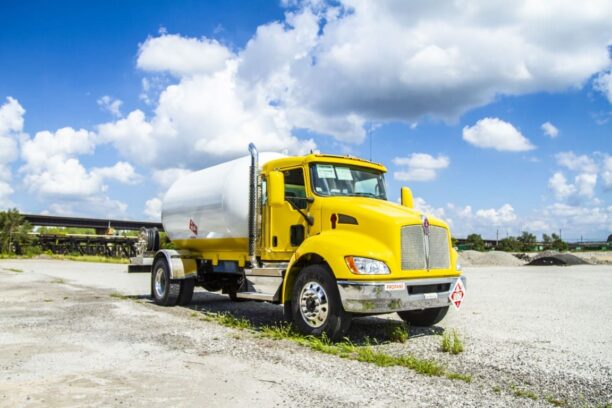Streamlining Propane Delivery with Automation
Automation is transforming the propane industry, serving to enhance both efficiency and accuracy in deliveries. This article delves into how modern technologies are reshaping propane distribution, making it more seamless and cost-effective for businesses and consumers alike. Automated Routing Systems One of the key innovations in the automation of propane deliveries is the use of… Continue reading Streamlining Propane Delivery with Automation


